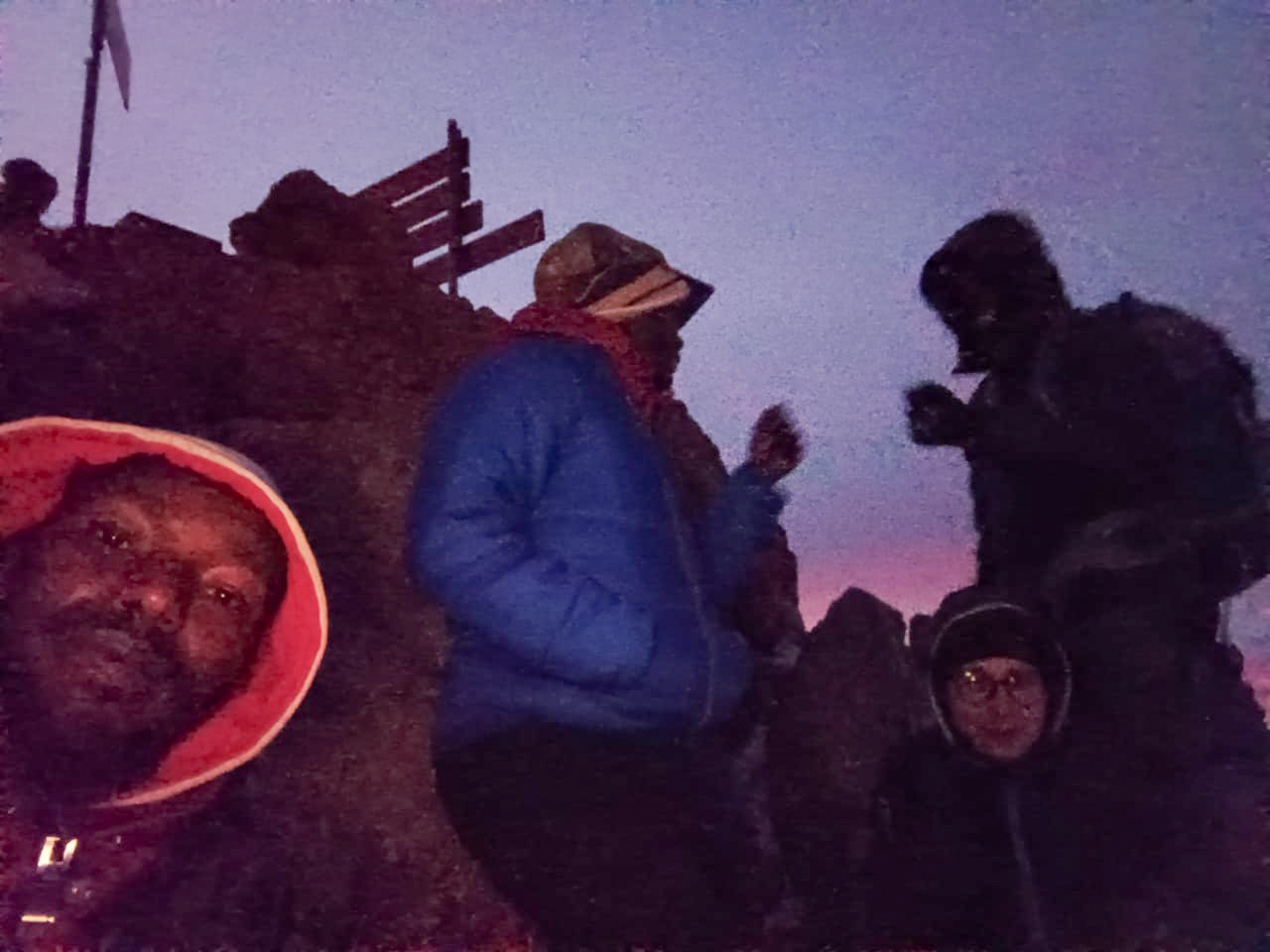Mount Kenya is the highest mountain in Kenya and the second highest mountain in Africa. It has an elevation of 5199 Metres above sea level.
It's highest peaks are Batian, Nelion and Peak Lenana.
1. What is the best time to climb Mt. Kenya?
The best time to climb Mt. Kenya is during the dry seasons. January to March and June to October are the sunniest months and perhaps the best time to visit. However, Mt. Kenya is open all year round.
2. How much does it cost to climb Mt. Kenya?
For a guided climb to Peak Lenana, it might cost from approximately $520 for non residents and Kshs. 26,900 for residents depending on the route and number of days that you choose.
This cost covers transport from Nairobi, park entry fees, accommodation, meals, guide and luggage porters.
When given a quote, remember to ask what's included and what's not included in the price.
To get a quote click here
3. How long does it take to climb Mt. Kenya?
One can climb Mt. Kenya in as little as 4 Days, but you can also wander and spend 7 Days on the mountain, depending on the route that you prefer.
There are 4 routes; Naro Moru Route, Buruget Route, Sirimon Route and Chogoria Route.
4. How well should one be prepared?
Hiking Mt. Kenya requires enough preparation. Start by going for short hikes, long walks or even swimming to adjust well with the high altitude and to keep your body strong.
It's highly recommend for all climbers to have a scheduled appointment with a health professional at least 4-6 weeks prior to the hike date.
Those with underlying heart conditions should seek the opinion of a health professional before attempting the hike.
Changes in altitude can cause altitude sickness due to low oxygen levels in the body. It's symptoms are headaches, diziness and shortness of breath. Get an overall evaluation of your health before starting the climb.
5. What do you need to carry?
For a successful climb, you'll need proper hiking equipment. Please remember to limit the weight of your duffel bag/rucksack and it's content to be carried by the porters during the climb to 15kgs or less.
Travel documents
Valid passport and visa.
Airline ticket.
Medical Insurance.
Travel insurance.
Cash/credit card.
Crucial Items
Duffel bag/rucksack- Large enough to carry all your climbing gears and clothing.
Day pack- Between 20-35 litres.
Good hiking boots.
Sleeping bag.
Water bottle.
Thermos flask.
Headlamp/torch.
Hiking stick.
Sun hat or similar.
Hiking gear
T-shirts.
Regular inner wear.
Hiking pants.
Shorts.
Raincoat/poncho.
High altitude gear.
Breathable, waterproof and windproof jacket and pants.
Fleece jacket.
Thermal wear.
Balaclava/bandana.
Leg gaiters.
Warm gloves.
Thermal socks.
Personal items.
Toiletries (wet wipes, bathing soap, toothbrush/paste, etc)
Towel.
Slippers/sandals/clogs.
Sunscreen.
Body oil. (vaseline)
Optional items.
Energy snacks.
Camera.
Binoculars.
If you need hiking gears for hire kindly click here
Remember to walk at a slow pace in a group to ensure you don't get exhausted faster.
Would you consider hiking Mt. Kenya?
Contact us
